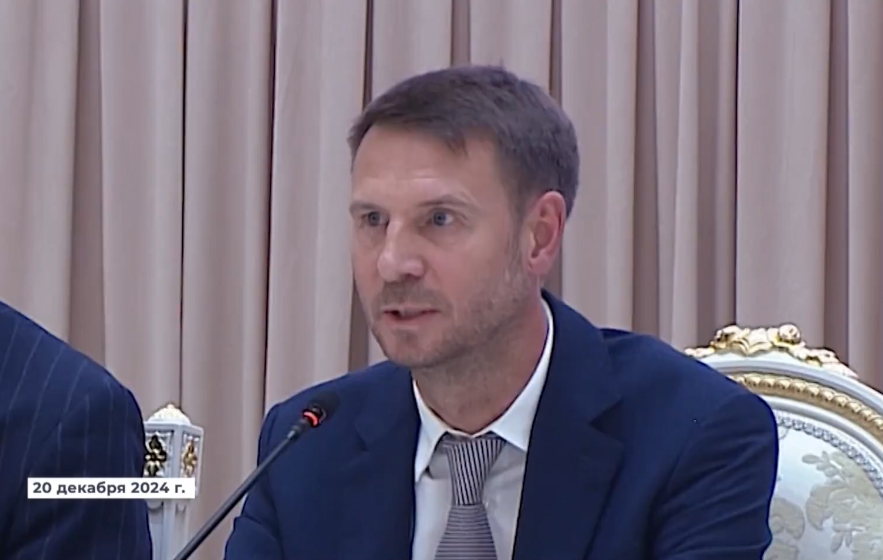This article is also available in:
Русский (Russian)
Uzbek
In recent months, the topic of a potential consumer crisis in Uzbekistan has been actively discussed in society. Viral videos of empty bazaars, where sellers stand without buyers, have sparked numerous rumors and speculations. Analyst Timurmalik Elmurodov decided to investigate whether things are as bad as they seem at first glance.
Where Did the Crisis Rumors Come From?
The rumors began when videos of empty bazaars, with sellers complaining about the lack of customers, started circulating on social media. This gave rise to various theories. Some analysts claimed that people have less money due to a decrease in remittances from labor migrants. Others suggested that customers have shifted to online marketplaces, leading to a drop in offline sales. Still, others argued that even online marketplaces are struggling because the global crisis has finally reached Uzbekistan.
But What Is the Reality?
Timurmalik Elmurodov analyzed the information to objectively assess the situation. Here’s what he found:
- Remittances from labor migrants have not decreased; on the contrary, they have increased by 25%, reaching $6.5 billion. These funds are the foundation of secondary incomes for the population, and the more money flows into Uzbekistan, the more actively people make purchases.
- Deposits to bank cards have increased by 30% this year compared to last year. This exceeds the annual inflation rate, which stands at 10.6%. Thus, primary incomes are also growing.
- Not all sales have declined. This year, almost all sectors, especially services, have shown growth. This growth is confirmed not only by statistics but also by the actual turnover of companies.
- Marketplaces are thriving. The number of orders and sellers on platforms like Uzum Market has multiplied, indicating positive dynamics in this sector.
- There is no global crisis as such. The situation in the global market remains challenging, but a growth rate of 3.2% is forecasted, indicating economic stabilization.
Is There a Crisis at All?
Nevertheless, Elmurodov notes that not all sectors in Uzbekistan are thriving. For example, car sales have plummeted, and the real estate market is stagnating. This is due to “price bubbles,” which have reached their limit and started to deflate, leading to a decline in sales.
However, overall, the number of companies in most sectors has either slightly increased or remained stable. Job vacancies have decreased, especially in the summer, which is a typical seasonal phenomenon, but the decline has been more noticeable this year.
What’s Next?
A certain downturn in some sectors is indeed observed, but it’s too early to talk about a global crisis. To determine whether this is a temporary occurrence or the beginning of a new trend, we need to wait for the third-quarter results, which will be released in October.
At the moment, it appears that Uzbekistan’s consumer culture is evolving, becoming more civilized. Bazaars, where many transactions are conducted unofficially and in cash, have been the first to feel these changes.
The text has been translated by AI. For more accurate information, please refer to the Russian version of the article.











